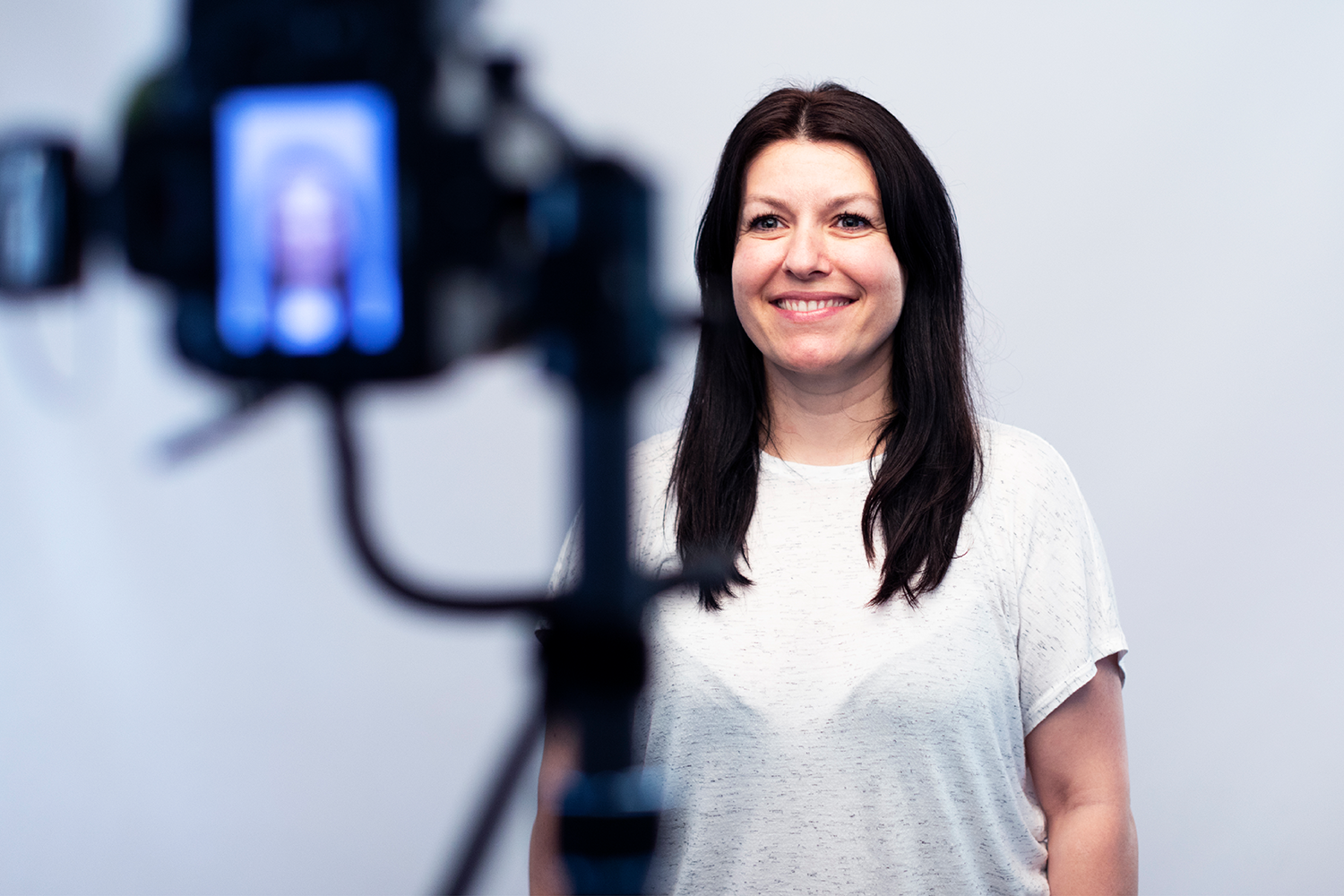Length: 4.5-minute read.
Quick Summary: Interview preparation can be the difference between a successful media interview and a reputation-damaging experience for you and your company. Here are the four essential Rs for how to prepare for an interview.
Preparation is essential for any media interview. Journalists are beholden to the story, not their subject, and are often ready with questions or an angle in mind. Interview preparation is therefore key to achieving a positive outcome and avoiding damage to your company message or reputation.
There are four essential “Rs” to consider as you prepare for your media interview. These are:
- Research
- Review
- Rehearse
- Relaxation
Here, we break down each one to assist you in your own interview preparation.
1. Interview preparation must include research

The first thing to do after media interviews are arranged is research. Research will help you understand the journalist’s agenda and can help you predict what an interview will be like.
Research should include areas like:
Interview topic. Understand the specific focus of an interview.
The market and commercial environment. You should enter media interviews completely aware of your company’s market segment and recent developments in the commercial environment. A journalist is likely to ask about the economic and commercial context your company operates in.
Your company and its products. While it is an obvious thing to have prior knowledge on, experiencing a sudden lack of familiarity with your own company details in the heat of the moment is surprisingly common. Being unable to easily recount information about your company’s goods and services can fracture your credibility both with the journalist and in the marketplace.
The journalist. Being aware of a journalist’s past stories, the topics they like to cover, and their style will help you establish a rapport and set the tone of the interview.
The media outlet. From mainstream platforms to independent news websites and trade publications, understanding a media outlet’s editorial mission can help better tailor your message. A journalist might also be annoyed if you don’t know about their outlet or their audience. You want to establish a good relationship with a journalist, so make sure you’re familiar with the subject areas the publication covers and its overall tone.
2. Review your key messages for media interviews

Interview preparation should include time to consider your messages to ensure they are successfully conveyed while also being suitable for the media interview. Ask yourself some questions: Are your key messages appropriate? Are they newsworthy? If they were developed some time ago, are they still relevant and correct? Could you make them more relevant?
Revisit what’s been happening in the market recently and how it might affect your messages. Has anything happened which may be relevant to the interview? Make sure you have all the facts and figures you may need.
We recommend creating a cheat sheet, so you have data for ready reference, and, if there’s lots of information, you won’t forget anything important.
3. Prepare for an interview by rehearsing answers out loud

You’d be surprised how often something that sounds great in your head actually sounds confusing when you say it out loud. Practising your answers aloud will also help you identify and refine any half-formed thoughts you might have.
Some of the ways you can prepare for an interview through rehearsing is to talk to yourself in the mirror or have a friend or colleague sit with you as you practice your responses. Don’t feel embarrassed; this can be a good way of finding out if you happen to stumble when discussing certain topics, if you use too much or not enough eye contact, or if you look uncomfortable while talking. It’s also a good idea to record yourself practising answers aloud. You can then listen back to hear for yourself how you would sound in a media interview. You might discover that you use unwanted, clumsy fillers like ‘um’, ‘ah’, ‘like’, or ‘sort of/kind of’ a lot, or you might find that you trail off or sound uncertain/unconfident in the messages you’re trying to convey. Becoming aware of the things you need to work on is the easiest way to improve before they have a chance to affect your interview.
4. Interview preparation includes relaxation

If you’re relaxed in an interview, you’ll sound confident and trustworthy, and you’ll be less likely to make mistakes. When you have your company facts and figures memorised, key messages prepared, and a confident understanding of the journalist and their outlet, media interviews can be fun and rewarding. This means preparing for an interview should also include time for you to take a deep breath and try to enjoy the experience.
For more information on interview preparation, or to book a media training session, contact Write Away Communication PR agency today by clicking on the button below.










